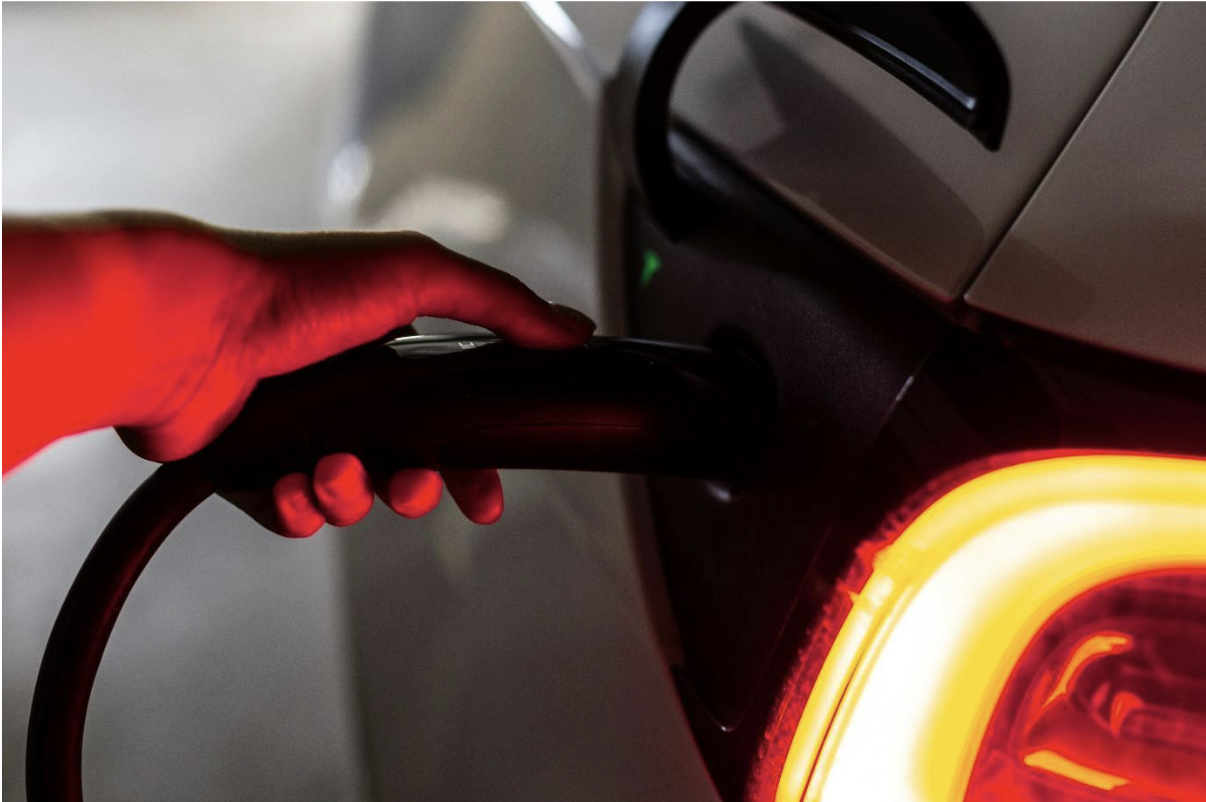Lithium Demand Surges Amid Global Push for Sustainable Energy

Summary
Full Article
The global shift towards greener and more sustainable energy sources is significantly increasing the demand for lithium, a key component in the technologies that power electric vehicles (EVs), energy storage systems, and emerging electric aircraft. Despite experiencing short-term market weaknesses and price fluctuations, lithium is viewed by industry experts as holding substantial long-term value due to its pivotal role in the sustainable energy transition.
In the electric vehicle sector, lithium-ion batteries are leading the charge towards sustainable transportation. Their high energy density, long lifespan, and relatively low cost make them ideally suited for automotive applications. The lithium-ion battery market is expected to grow exponentially, with projections indicating it could reach $470.50 billion by 2033, up from an estimated $84.3 billion in 2024, fueled by the global adoption of EVs.
Government policies worldwide are further accelerating the adoption of EVs, thereby expanding the lithium market. For instance, Norway plans to ban the sale of new internal combustion engine vehicles by 2025, and California aims for all new passenger vehicles and light-duty trucks sold to be zero-emission by 2035. Such regulations are creating a conducive environment for the growth of the lithium market.
Beyond transportation, lithium-ion batteries are becoming indispensable for renewable energy storage, solving the intermittency issues associated with wind and solar energy. Utilities around the globe are making significant investments in lithium-ion battery systems, with facilities like the Moss Landing energy storage facility in California showcasing the potential with its 750 MW/3,000 MWh capacity.
The aviation industry is also tapping into lithium-ion battery technology for electric aircraft, with companies like Joby Aviation and Lilium developing electric vertical takeoff and landing (eVTOL) aircraft. These innovations aim to revolutionize urban air mobility by reducing traffic congestion and lowering carbon emissions from traditional air travel.
However, the lithium market is not without its challenges. The past few years have seen significant price volatility, with prices jumping from approximately $12,000 per metric ton in 2019 to $46,000 per metric ton in 2023. This volatility is attributed to speculative trading, fluctuating demand projections, and supply-demand imbalances. Additionally, China's control over about two-thirds of the global lithium supply chain introduces geopolitical and trade complexities, as highlighted by U.S. legislation that restricts tax credits for EV investments involving Foreign Entities of Concern (FEOCs).
In light of these challenges and the burgeoning demand, companies such as Atlas Lithium Corporation are strategically expanding their exploration efforts, particularly in Brazil, to secure their position in the future lithium market. This strategic positioning underscores the critical importance of lithium in the global transition to sustainable energy and the need for stable supply chains to support this shift.

This story is based on an article that was registered on the blockchain. The original source content used for this article is located at News Direct
Article Control ID: 92598